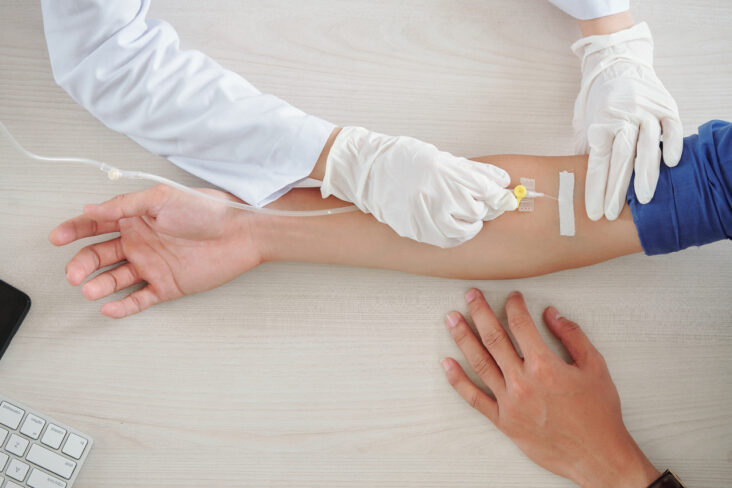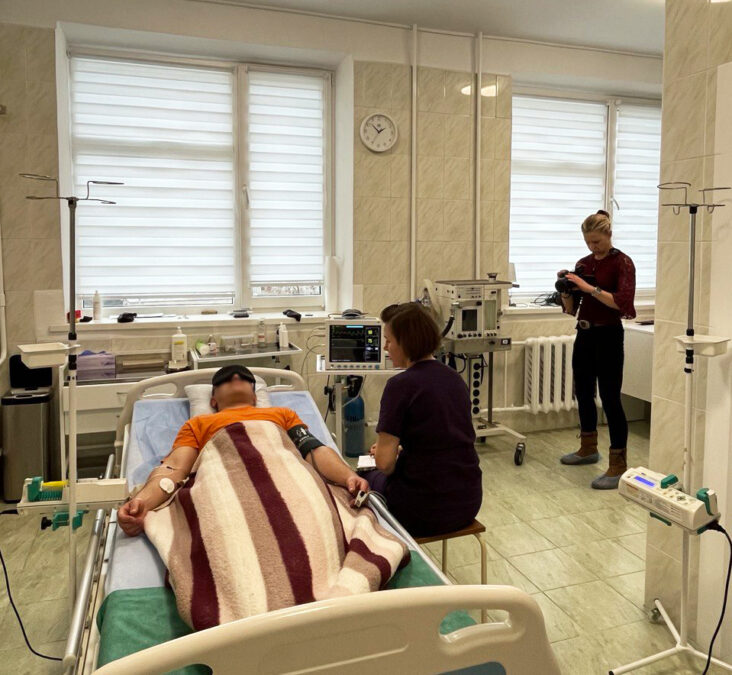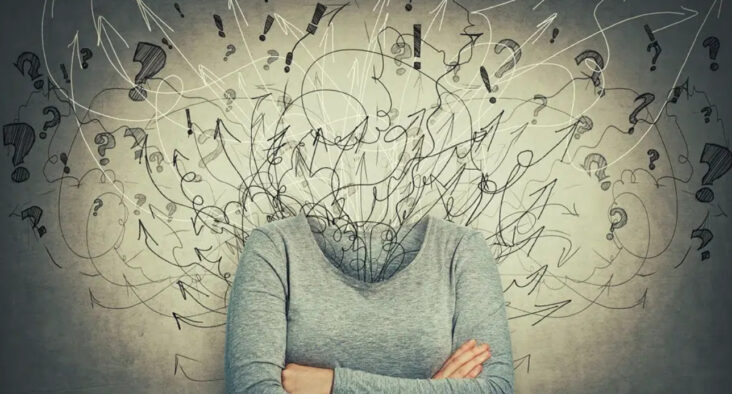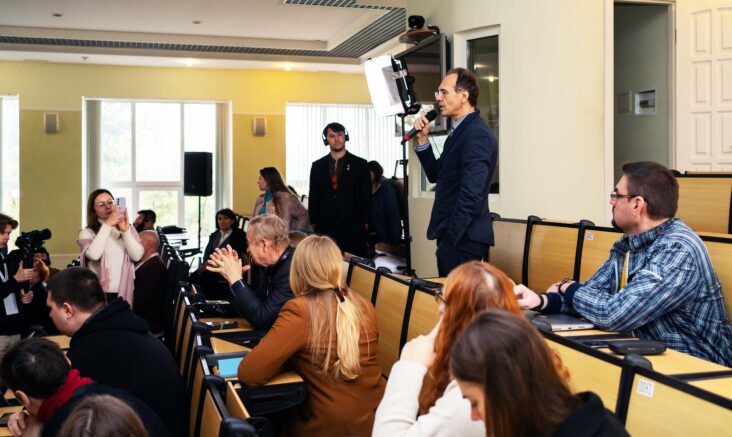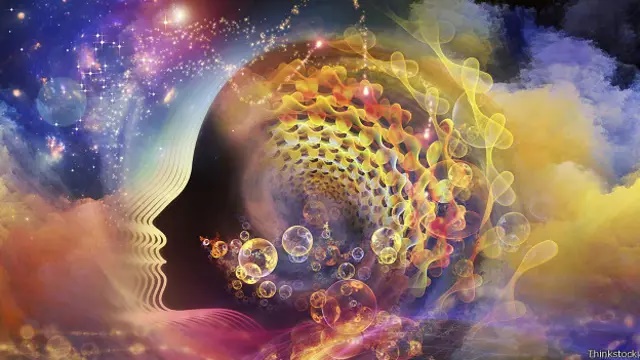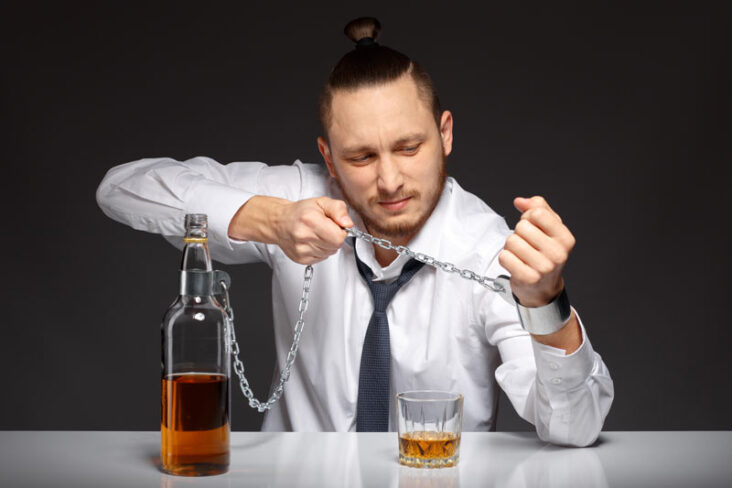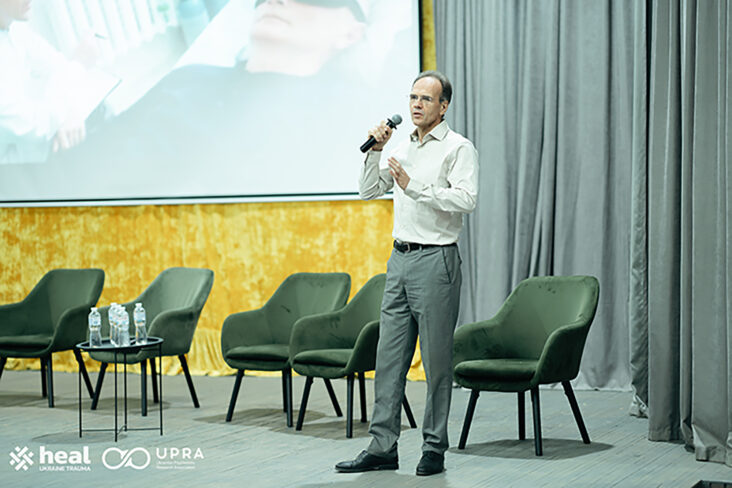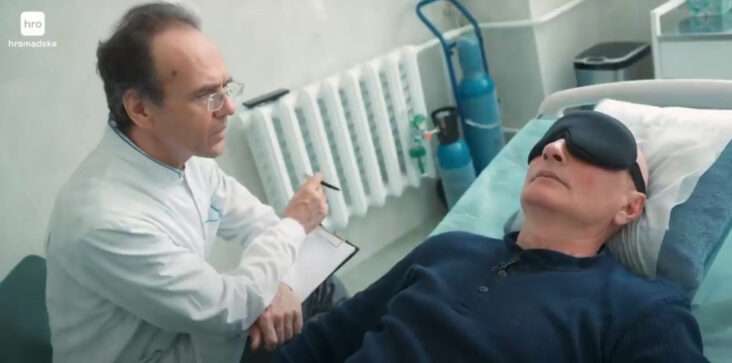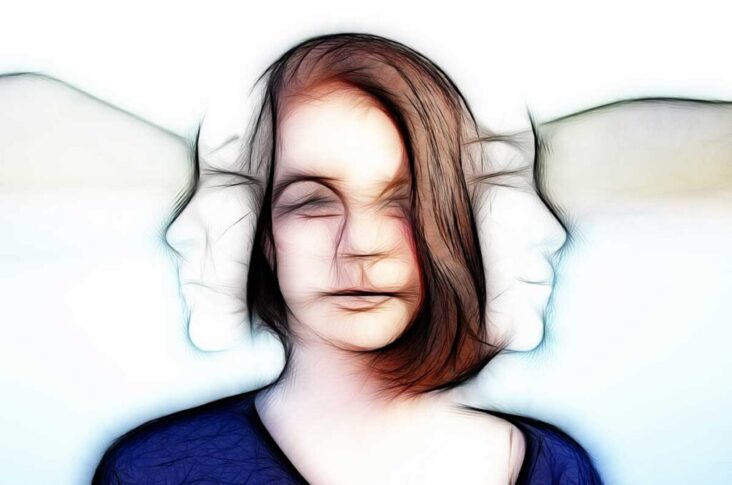Depression is the most common mental illness in the United States, affecting 30 percent of Americans at some point in their lives. But despite half a century of research, ubiquitous advertising, and blockbuster sales, antidepressants just aren't very effective. They treat depression as if it were caused by a chemical imbalance: add more of one key ingredient, or deepen another, and you're done.
At the same time, the treatment can be extremely ineffective. According to the 2006 STAR*D study, the largest clinical trial of antidepressants, less than a third of depressed patients respond to the drug within 14 weeks. After six months and several drugs, only half of the patients recovered. Thirty-three percent do not respond to any drug at all. When the pills work, they're slow — a deadly risk, given that people with mood disorders kill themselves more often than anyone else.

